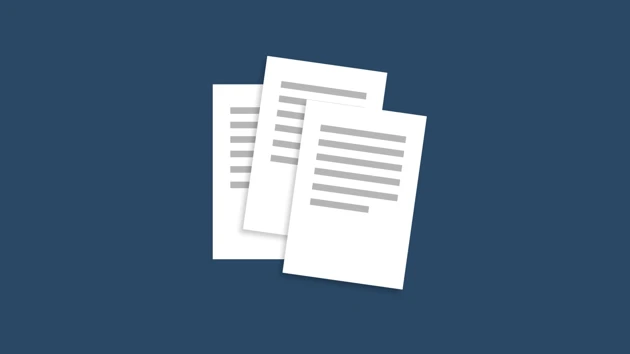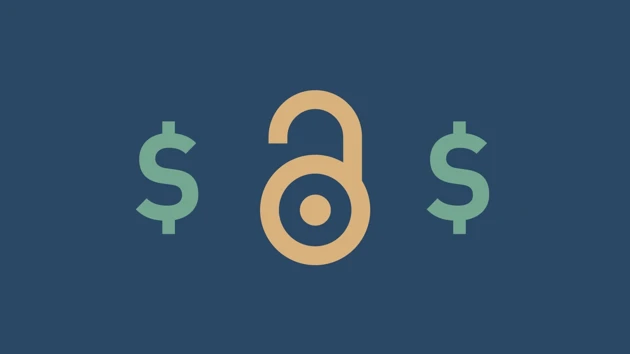You are expected to publish open access
Umeå University endeavours to ensure that research results are published open access as far as possible. This means that they will be freely available for anyone to read, regardless of location or access to subscriptions. You are expected to make your publications as openly accessible as possible and to upload them to DiVA, in accordance with the policy for scientific publishing at Umeå University.
Open access policy for scientific publishing at Umeå University (umu.se)
Check what your funding body requires
Many funding bodies require that publications resulting from projects they have funded are published open access. So you should check what your funding body requirements are. There may be requirements concerning how and when the research results are made available. For example, some funding bodies require you to publish under Creative Commons licences.
Utilise open access publishing agreements
When you publish open access, you may need to pay a publication fee. Many publishers waive this fee thanks to publishing agreements.
Read about different open access publishing agreements
Open access books and book chapters
There are growing opportunities to also publish books and book chapters open access. There is currently only one agreement (with the publisher Brill) that partially covers the cost of publishing open access books, but sometimes you can get a publishing grant from your funding body to cover the publishing fee.
The OAPEN OA Books Toolkit provides you with information on how to publish open access books
Publish a copy in an open repository
To ensure open access to your research results, you can publish a copy of your publication in an open repository or archive (known as self-archiving). We recommend that you upload your publications in the University’s publication database, DiVA.
More information about registrering publications in DiVA
Check if you are permitted to share your publication
When you publish open access, you usually retain full copyright and can share your work freely. The publication is also often granted a Creative Commons licence. But even if you are not publishing open access, you can check if the publisher nevertheless allows you to share your publication in an open repository. In DiVA, you can upload the accepted version of your publication, which is the version that has been peer-reviewed. In many instances, doing so means that you have met open access requirements.
Read more about copyright when publishing
Why publish open access?
There are many benefits to making your research results available, in addition to meeting funding body requirements:
- Open access helps increase the visibility, use and impact of your research.
- Your publications reach researchers and organisations that do not have subscriptions.
- Users outside academia can access your publications, for example in healthcare and industry.
Support and training
The University Library can help you with questions about open access publishing. You can also book professional training and researcher consultations about scholarly publication, either as individual counselling or participation in departmental meetings.


